
An ex-special forces soldier, who lost 40% of his hearing after a wheelbarrow full of explosives blew up and killed one of his close friends during a raid, has swapped bullets for beats after finding that music helps sooth his PTSD.
Ladhi Ahura, 44, from Bromley in London, spent more than 19 years fighting in Iraq, Afghanistan and Syria – leading teams of “highly trained soldiers” on night raids to stop “high value terrorist targets” before returning to the UK to become a successful DJ.
Returning to civilian life has been tough for Ladhi, who cannot walk down the street without keeping an eye on people’s hands, as due to his specialist training, he automatically thinks they could be hiding a weapon.
During therapy, Ladhi found that making music helped him “switch off his brain”, and he has now performed at venues around the world, including bomb shelters in Beirut and full moon parties in Koh Samui, Thailand.
“Everything they asked me to try wasn’t working for me,” he told PA Real Life.

“But I could put my headphones on and just listen to music for a couple of hours, and I feel like I’ve done two weeks of yoga.
“I’ve learned not to let things get to me, because whatever happened in the past, whatever I’ve seen, it has already happened.”
Ladhi grew up in Bromley where he developed a passion for music and attended the now famous tech-house club night Wiggle, which was reserved for those who were in the know.
“The only place you could buy tickets from was a place called Swag Records in Croydon,” he said.
But life had other plans for Ladhi whose family are Kurdish and members of the Iraqi National Congress (INC), a political party formed in opposition to Saddam Hussein after the Gulf War.
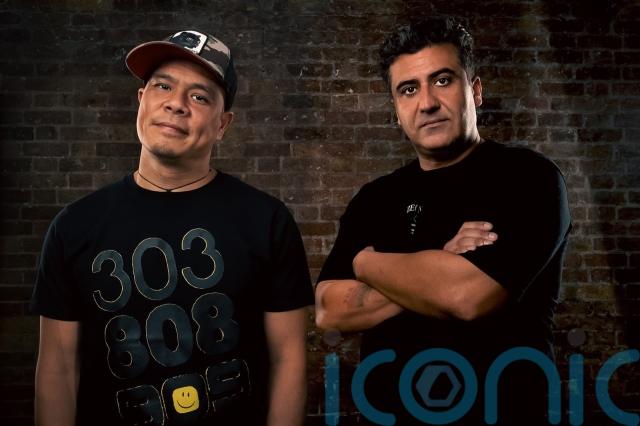
In 2001, after the September 11 terrorist attacks, he travelled to Northern Iraq to support humanitarian efforts on the ground, handing out supplies to civilians.
One day, he was invited on a military operation and was watching it unfold through night vision goggles from a distance when suddenly “all hell broke loose”.
But instead of being afraid, he experienced an adrenaline rush.
“I was speaking to one of the special forces guys… and he said ‘Listen, why don’t you join the military, this might be something for you’,” Ladhi said.
“I literally went back to the UK and dropped everything I was doing and went straight into the military.”
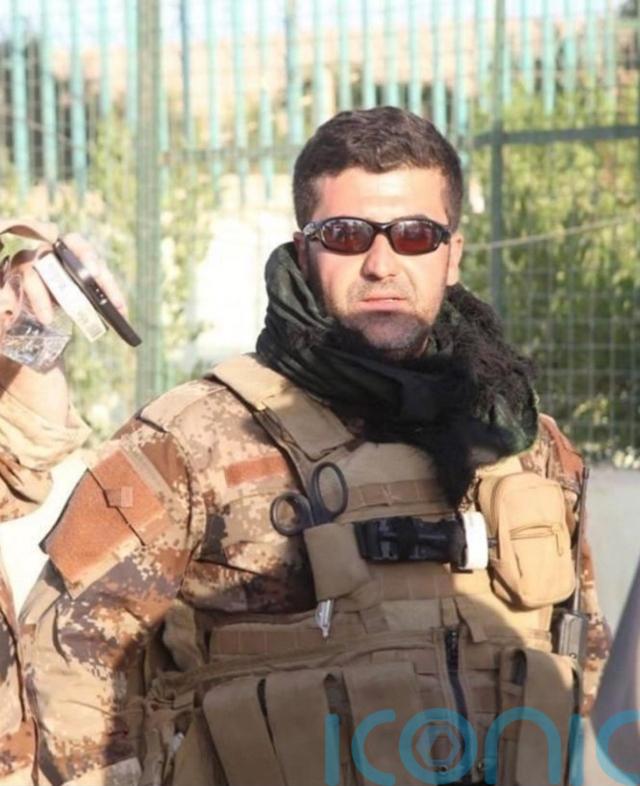
Just two years later he was sent back to Slemani, Northern Iraq, on an eight-month training programme with the British and American special forces.
“Out of 860 guys, 25 of us got through the selection process,” he said.
“They basically psychologically torture you.”
He was then sent on an Operator Training Course (OTC), specialising in counter-terrorism operations, before being deployed to search for “high value targets”.
“They teach you how to raid houses, break down doors, detonate charges, navigation, medical training, close-quarters battle (CQB) – basically everything.
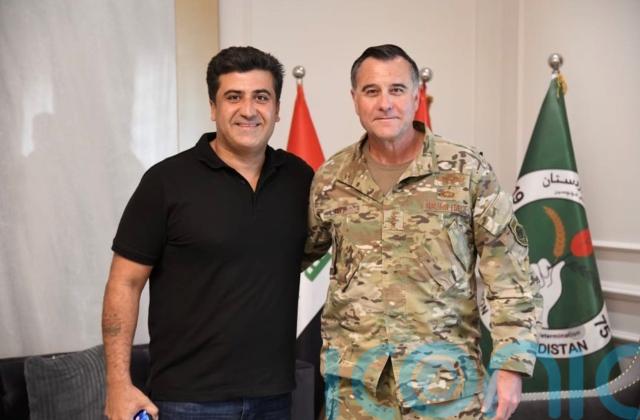
“Because you are going to be kicking doors down and coming face to face with people rather than shooting at them from miles away.”
Then, during a raid in 2005, his whole world was turned upside down.
“One of my close friends was in front of me,” he said.
“He put the charge on the door and was about to blow it open.
“I was going to be the next man in and then next minute I just opened my eyes.
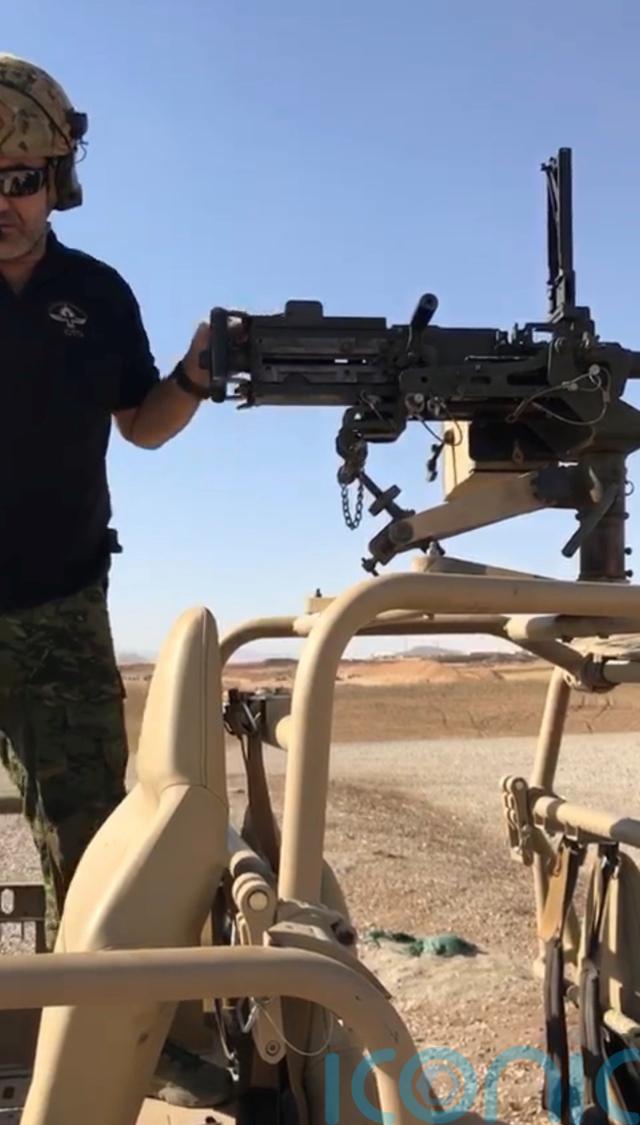
“I could hear this screeching noise and someone was dragging me by the back of my collar.”
It turns out a wheelbarrow full of explosives had been detonated moments before they entered the property.
Ladhi lost around 40% of his hearing on the left side and injured his back, while his friend died.
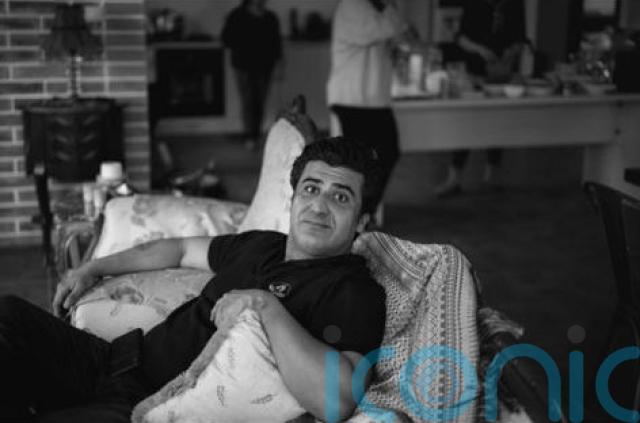
But the traumatic episode did not stop Ladhi from returning to the battlefield.
No sooner had he recovered than Ladhi was sent back to Iraq where he quickly progressed through the ranks, finally being placed in charge of the Kurdish counter terrorism unit.
The unit, one of the first to combat Isis, operated predominantly under the cover of darkness, which meant he barely saw daylight.
“The adrenaline rush you get from going out on raids and stuff is like having 10 or 20 Red Bulls,” he said.
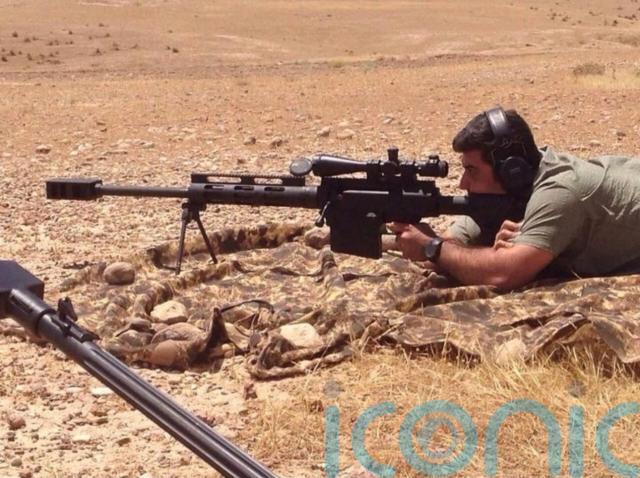
“When we came back, the medics would give us an Ambien [sedative] and you would pass out for eight or nine hours.
“Every night, seven nights a week for years and years.
“I was like a vampire.”
In total, including training, Ladhi served 19.5 years, before finally returning to the UK in 2020 and attempting to reintegrate into civilian life.
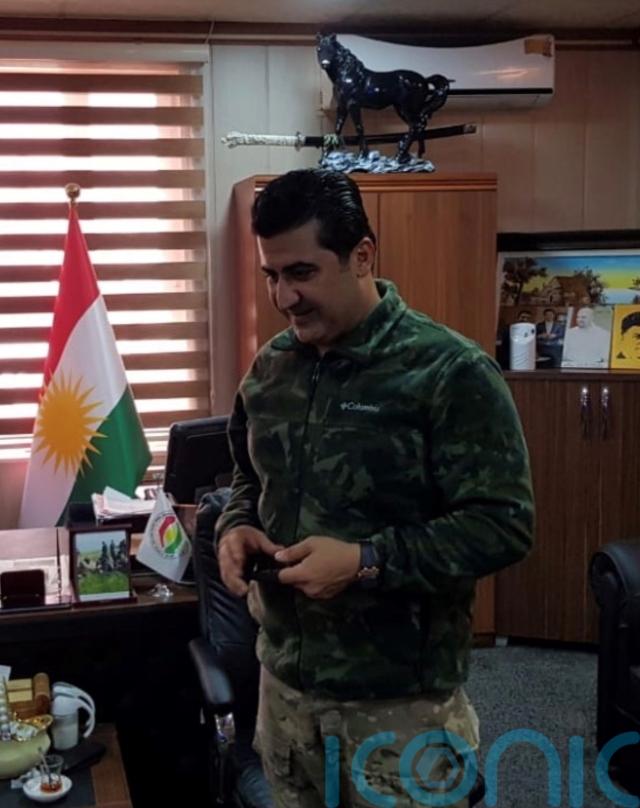
“It was really, really hard psychologically and it took a big toll on me,” he said.
Ladhi, along with many of the soldiers he served with, has since been diagnosed with PTSD and some have even attempted to take their own lives.
He had become so accustomed to living in a hostile environment that, walking down the street, he cannot help but keep an eye on people’s hands in case they are concealing a weapon.
“When I started suffering from PTSD, I was forced to sit down with a psychiatrist and they asked me if there was anything that I found therapeutic,” he said.
“I said music was the only way for me to switch off my brain and they said, ‘Well why don’t you do that for a while’ and that’s where it all started.”
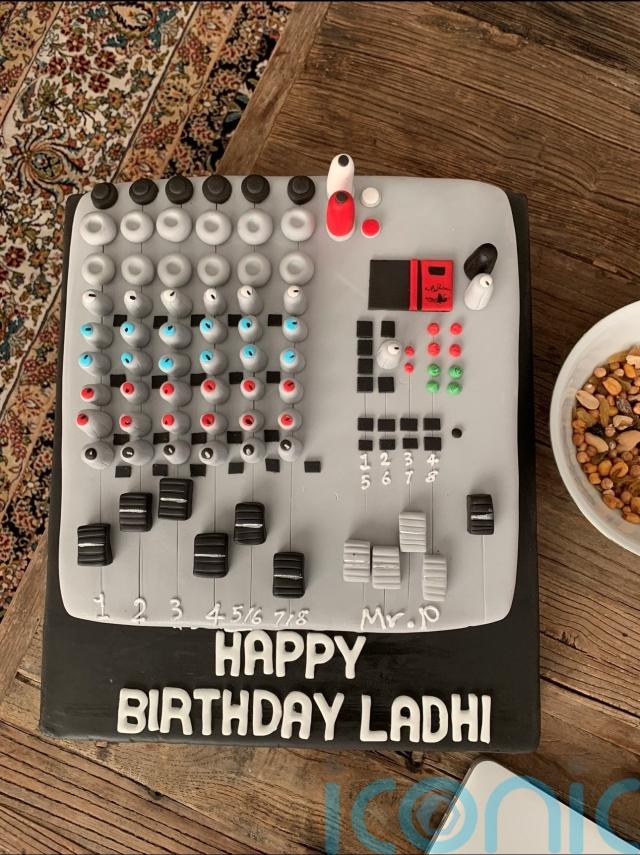
He has since gone on to play his tracks at venues all over the world.
“I’ve partied and DJ’d all over the world from staging parties in bomb shelters in Beirut to events in Bali and full moon parties in Koh Samui Thailand,” he said.
Now back in London, Ladhi has teamed up with one of his old school friends, Nam Bui, 47, to create Breach, a series of tech-house events launching with an Aztec-themed party at the Kachette nightclub in Shoreditch on September 16.
“I don’t like music that you just hear through your ears,” he said.
“I want to make music that actually gives you goose bumps and that you can actually feel.
“I’m really looking forward to this next chapter in my life.”
For more information about Ladhi’s upcoming events visit: www.tickettailor.com/events/breach/929809.
Subscribe or register today to discover more from DonegalLive.ie
Buy the e-paper of the Donegal Democrat, Donegal People's Press, Donegal Post and Inish Times here for instant access to Donegal's premier news titles.
Keep up with the latest news from Donegal with our daily newsletter featuring the most important stories of the day delivered to your inbox every evening at 5pm.